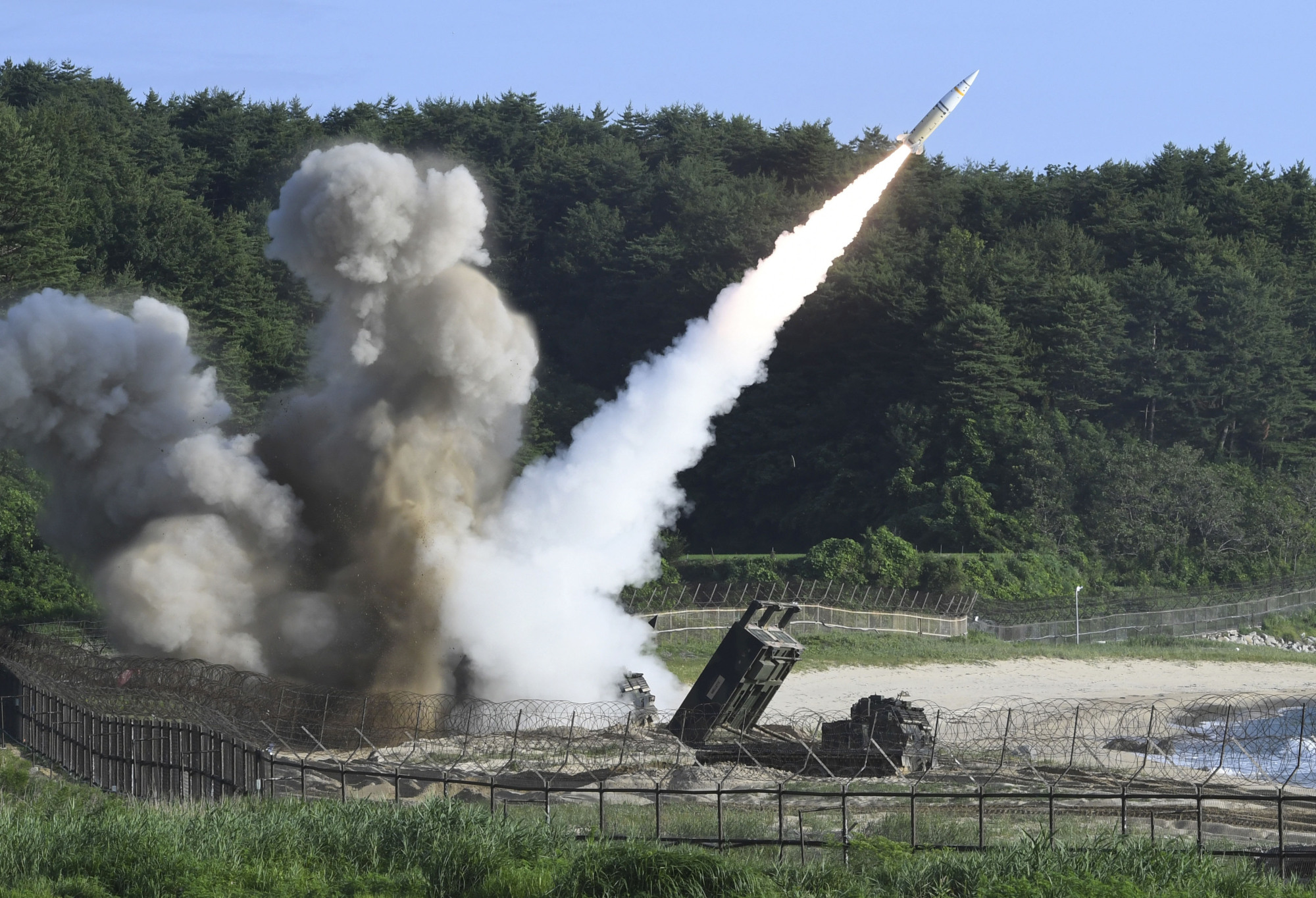Pyongyang's game-changing intercontinental ballistic missile test of Tuesday — July 4 — and Beijing's intransigence on reining in its troublesome ally reiterates the urgent need for the Washington-Seoul security partnership to address the growing menace of North Korea's nuclear program. Despite differences between Washington and Seoul on resolving the North Korean dilemma, South Korean President Moon Jae-in's recent summit with U.S. President Donald Trump in Washington was a good start toward developing the rapport needed to work with one another.
The two leaders have their differences and are a study in contrasts. The right-leaning, impassioned Trump sees the North's progressing ability to develop ballistic missiles as the most pressing national security issue on his desk. He has advocated a ramping-up of military pressure against Pyongyang and for China's stepped-up involvement with curtailing the regime.
Thus far, neither the show of U.S. military might nor Trump's overtures to China have borne fruit toward changing Pyongyang's behavior. China has done little to address the issue. It put in place a temporary coal embargo against Pyongyang to no effect and its latest efforts include a paltry joint plan with Moscow announced Wednesday calling for the U.S. and South Korea to freeze military exercises in return for the North declaring a moratorium on its nuclear and missile programs.



